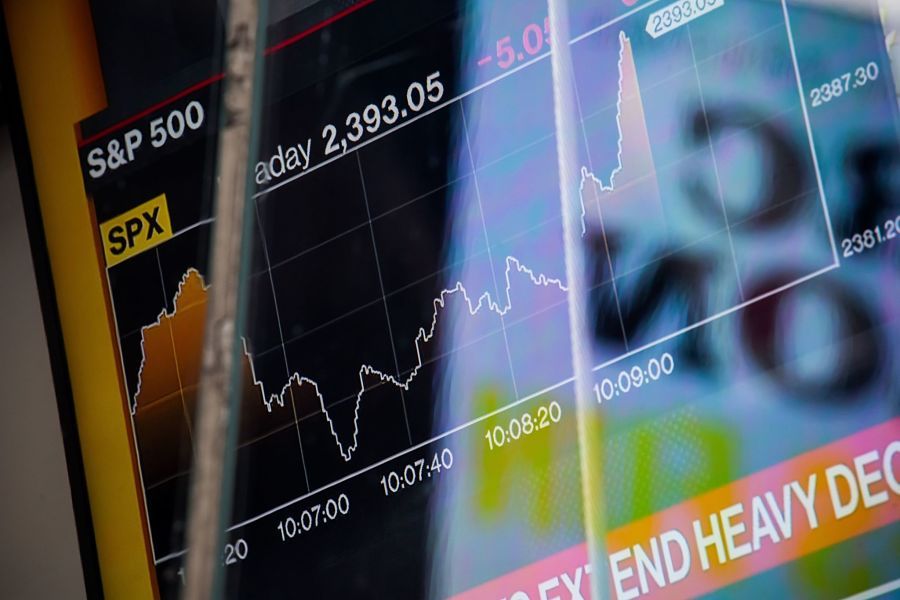The double-edged sword of ESG investing has become apparent again this year as the unloved energy sector rallied while the more favored technology sector fell.
In January, only 34% of Morningstar’s ESG indexes outperformed their non-ESG equivalents as the equity markets sold off.
Longer term, performance still favors environmental, social and governance investing, but the start of this year provides another reminder of what can happen when broad market beta is tweaked.
Over the five-year period through the 2021, 88 of the 110 Morningstar ESG indexes beat their non-ESG counterparts. And over the same period, 97 of the 110 ESG indexes lost less than their non-ESG counterparts.
Dan Lefkovitz, a strategist for Morningstar’s index group, said the ESG performance so far in 2022 boils down to energy, which is rarely included in ESG indexes, and technology, which is an ESG darling despite issues related to data privacy and competition.
“The best-performing sector in January was energy by a long shot, and our indexes tend to not hold energy,” Lefkovitz said. “Meanwhile, technology was the biggest loser in January.”
As a sector, energy was up more than 17% in January, with the next closest performer being financial services, which was flat for the month. The tech sector was down 9% in January, while the S&P 500 Index lost 5.8%.
The story hasn’t been much better so far in February, with energy up 3.5% as the best-performing sector through Thursday, while tech is down 0.2%. The S&P 500 is flat over the same period, and financial services is up 2%.
Todd Rosenbluth, director of mutual fund and ETF research at CFRA, said some index-based ESG ETFs “seek sector neutrality in an effort to reduce the likelihood of underperforming the broader market by choosing the companies with the strongest attributes within a sector.”
While asset managers might continue to modify indexes to address factors like spiking oil prices, which drive up energy-sector stocks, there’s no getting around the fact that any ESG investing strategy will diverge from market beta.
Eric Balchunas, senior ETF analyst at Bloomberg Intelligence, said the performance of ESG strategies this year is a “stark reminder that ESG is active management, making active bets, and if you want ESG you’ll have to live with that kind of volatility.”
Balchunas has been banging the drum for years that it is difficult for investors to simultaneously “save the planet and make a lot of money.”
“Clearly, the demand for fossil fuels is there and it isn’t going away,” he said. “The problem with ESG in general is that it’s pretty rough on fossil fuel companies, despite the fact that they’re very important.”
While the Morningstar ESG indexes don’t technically qualify as active strategies, Balchunas puts them in the same category as thematic, smart beta and active management because they’re deviating from broad market exposure.
“Once you start deviating from beta, you’re active,” he said.
On that point, Morningstar’s Lefkovitz concurs.
“Contrary to conventional wisdom, investing based on environmental, social and governance criteria does not necessarily mean sacrificing return, nor is it a guaranteed route to market-beating performance,” he said. “What is certain is that any deviation from a market portfolio will result in a different outcome, and studying past ESG behavior through indexes can help guide sustainability-focused investors going forward.”








